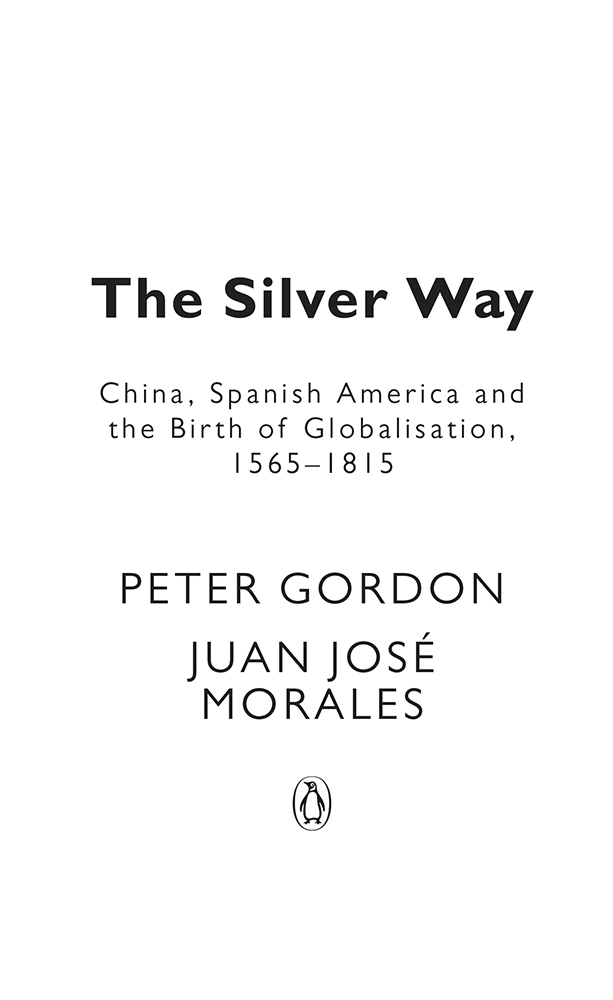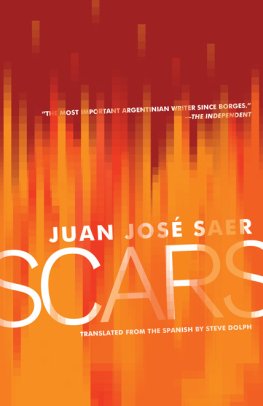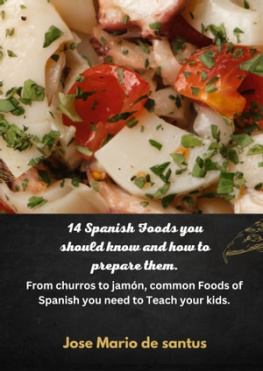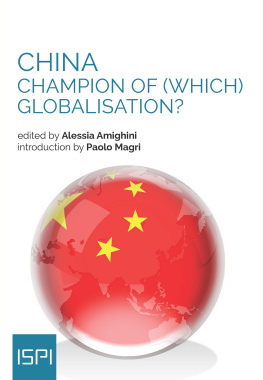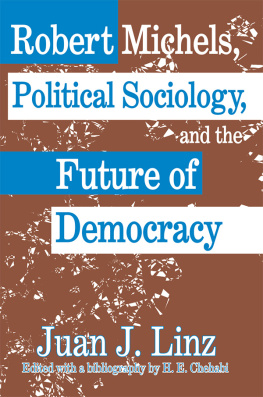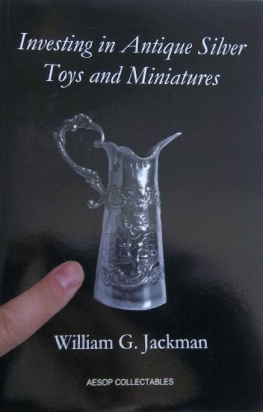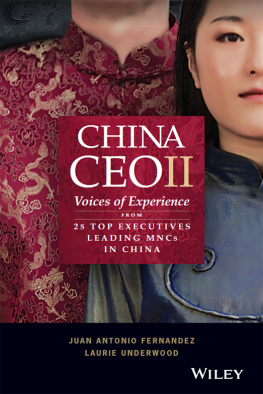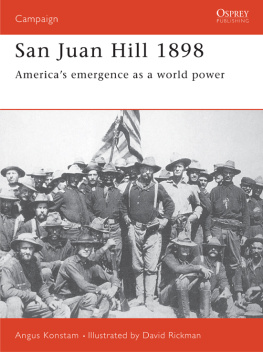Penguin Specials
We believed in the existence in this country of a vast reading public for intelligent books at a low price, and staked everything on it
Sir Allen Lane, founder of Penguin Books.
The first affordable quality books for a mass audience were brought out by Penguin nearly eighty years ago. And while much has changed since then, the way we read books is only now becoming different. Sometimes it is still only a hardback or paperback book that will do. But at other times we prefer to read on something either more portable a dedicated reading device or our smart mobile phone or more connected, such as a tablet or a computer.
Where we are or how much time we have often decides what it is we will read next.
Penguin Specials are designed to fill a gap. They are short, they are original and affordable, and they are written by some of todays best and most exciting writers.
Written to be read over a long commute or a short journey, in your lunch hour or between dinner and bedtime, these brief books provide a short escape into a fictional world or act as a primer in a particular field or provide a new angle on an old subject.
Always informative and entertaining, Penguin Specials offer excellent writing that you can read on the move or in a spare moment for less than the price of a cup of coffee.
CONTENTS
A Note on Names
The kings of Spain and navigators are referred to by the names to which they are most commonly referred to in English, e.g. Charles and Philip rather than Carlos and Felipe, Columbus rather than Coln, Magellan rather than Magallanes or Magalhes. When spellings differ, e.g. Legaspi and Legazpi, we have chosen the one in more common contemporary use.
The term Spanish America is used to refer those parts of the Americas under Spanish rule during the period in question, roughly the sixteenth century through the first one or two decades of the nineteenth century.
The majority of the diverse primary Spanish and Filipino sources are given in translation in the magisterial fifty-five-volume set The Philippine Islands, 14931898, edited and annotated by Emma Helen Blair and James Alexander Robertson, published by the A.H. Clark Company starting in 1903. Almost all of these have been digitised and are available online at www.gutenberg.org and elsewhere. These volumes, or rather the translations, have a small number of idiosyncrasies, such as the use of Espaa for Spain and certain ethnic terms that have since fallen out of favour. These have been updated here.
Prologue
Andrs de Urdaneta is a name that few other than specialist historians will immediately recognise. He was one of the last of the fifteenth- and sixteenth-century explorers and navigators from the Iberian peninsula whose voyages resulted in redrawing the globe in more or less the form we know it today. Christopher Columbus has a country and several cities named after him; Ferdinand Magellan has the famous straits. But Urdaneta has no such monuments.
Perhaps this is because Urdaneta didnt discover how to get anywhere, but rather less glamorously but no less importantly discovered how to get back . Until 1565, no fleet had succeeded in sailing east from Asia back across the Pacific to the Americas. It was Urdaneta, a survivor of earlier expeditions, who first worked out the right winds and currents across the uncharted waters of this vast ocean. His discovery was called the tornaviaje , or return trip.
The importance of this achievement was well understood at the time: the King of Spain had made it an explicit objective of the voyage, and Urdanetas arrival in Mexico was cause for public celebration. A letter of the time said that those of Mexico are mighty proud of their discovery, which gives them to believe that they will be the center of the world. They were, as we shall see, arguably correct in this belief.
The trading route that resulted from Urdanetas discovery that of the Manila galleons brought the silver from the Americas that underpinned Chinas money supply and transformed the global economy. This Ruta de la Plata or Silver Way characterised a period when commerce between China and Spanish America formed the lynchpin of trade routes spanning four continents. It also marked the first time the entire world had been knitted together with the global trade and financial networks that form the basis of our modern globalised world and ushered in the global economy that remains with us today.
Urdanetas discovery and its lasting significance seem largely forgotten, at least in the English-speaking world, among the dustier shelves of the historical record. Yet todays tightly-linked, globalised world derives its origins not so much from the Industrial Revolution as from this earlier period. The pivotal role of Spanish America and China in these previous 250 years of global integration has been obscured and superseded by the prevailing narrative of Anglo-American predominance in everything from the economy to technology to military power.
Yet China is an increasingly square peg in this round narrative hole. China is, however, more easily accommodated by moving the start of the narrative back by two centuries to a period before New York and London were financial capitals to, indeed, a period before the United States even existed.
I
A Renaissance Space Race
History is written by the winners.
George Orwell, As I Please
4 February 1944
For a period of twelve years starting in 1957 with the launch of Sputnik, the United States and the USSR engaged in a competition for prestige and new expanses whose military and commercial potential was as yet mere speculation. The United States won this space race, landing men on the moon in 1969. Sputnik was a wake-up call, but Americas dominance in space has meant that John Glenn, Neil Armstrong and Sally Ride are household names, and not just in the United States. Meanwhile, with the possible exception of Yuri Gagarin cosmonauts such as Alexey Leonov are largely recognised only by Russians and specialists.
By the late fifteenth century, Spanish and Portuguese rulers had been jostling each other for years. Just as the United States and the Soviet Union united against Germany in the Second World War, these two strategic competitors had a common enemy in their case, the Muslims who had ruled much of the Iberian peninsula since the eighth century. The strategic competition between Spain and Portugal intensified once the Muslim threat receded and Spain was unified under a single crown.
Portugal had by then been inching down the coast of Africa for several decades, something that didnt much matter if Africa, as some suspected, went on forever southwards. Spains Sputnik moment came in 1488 when the Portuguese explorer Bartolomeu Dias sailed around the Cape of Good Hope at Africas southern tip, making his the first European ship to enter the Indian Ocean and thereby open a clear route to the silks and spices of the East.
Asian spices in particular pepper, but also cloves, nutmeg and others had driven international trade for millennia. Literally worth more than their weight in gold, no cargo packed more value into as little space. Individual peppercorns could be used as currency. The spice routes from Asia to Europe had long been controlled by Muslim powers. They were subject to disruption, while European powers and merchants were also denied the profits that would accrue from direct access to the sources.
Diass discovery was very much on the minds of Spains Catholic Monarchs Ferdinand and Isabella when they famously agreed to finance Christopher Columbuss 1492 voyage to reach Asia by sailing west. Columbus of course ran into a new continent, while Vasco da Gama made it to India by 1498. Just a decade later, the Portuguese had established themselves in Southeast Asia and made direct contact with China in 1513, the same year the Spanish explorer Vasco Nez de Balboa first set eyes on the Pacific Ocean and Ponce de Len set foot in Florida. The Americas ended up presenting Spain with opportunities beyond measure, but Spain didnt know that yet the defeat of the Aztecs and the conquest of Mexico still lay a few years in the future. The Portuguese were trading in China while the Spanish had hardly ventured beyond the Caribbean.

